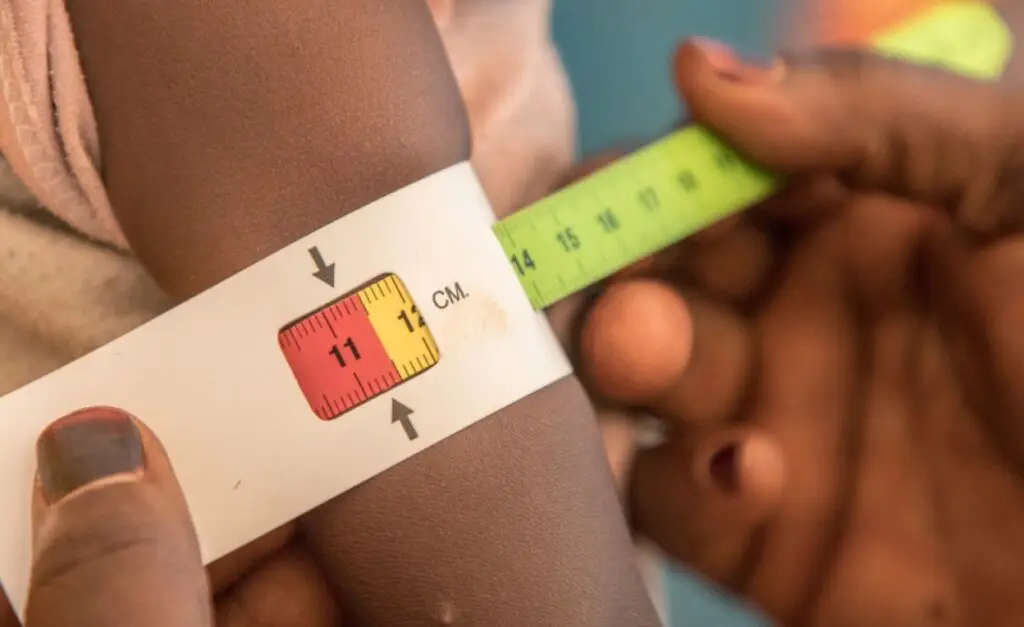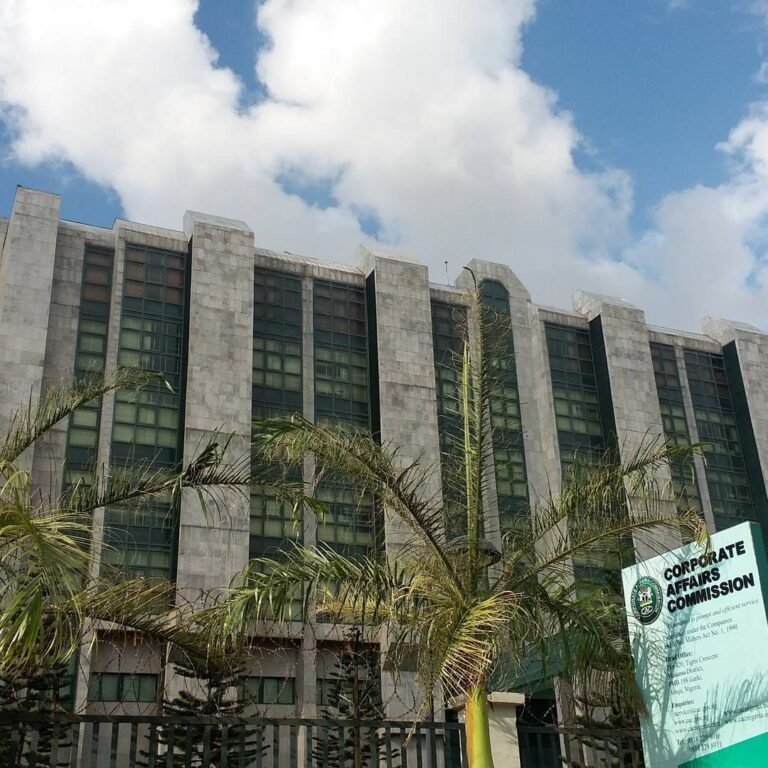As all attention is concentrated on the 2023 general elections in the country, other vital and fatal incidents are being given less attention. An example is the recent report by the United Nations International Children’s Fund, UNICEF, that no fewer than 876,000 children may die from Severe Acute Malnutrition, SAM, this year alone and the number might increase in the subsequent years if the status quo is not reversed.
Citing this report, stakeholders in the health sector want the government to provide adequate security to enable farming and entire agricultural activities to thrive and provide food security to vulnerable individuals.
Food Insecurity — the Nigerian Situation
Sabityu Salahu, a three-year-old girl of Mrs Bintu Salahu of Ipata Market Area, Ilorin, Kwara State, just returned from the State Children Specialist Hospital, Centre Igboro Ilorin, where the Nutrition Stabilisation Centre is situated. Looking stable but a bit underweight, Sabityu is one of the treated malnourished children who were attended to at the State Centre.
Her mother, a 41-year-old mother of seven, Mrs. Bintu Salahu, who narrated the family’s financial challenges, said they resorted to rationing meals as a way of contending with the situation without any consideration for a balanced diet.
“If you go to the market, rice, beans, garri, yam, onions, noodles, everything has risen in price. Some have more than doubled, prices of commodities are skyrocketing, and my husband, an automobile mechanic, hardly gets patronage nowadays, this makes life difficult” she said.
According to Dr. Olugbenga Bankole, the Kwara State Nutrition Officer, children are malnourished when someone does not take a required amount of food constituents such as carbohydrate, protein, minerals, fat and oil et al, or not eating enough for the body to be well nourished.
Nigeria has been engrossed in complex economic dip arising from dwindling oil production which is the country’s major source of revenue, inflation, food scarcity stemming from insecurity as well as the plummeting value of Naira. The war in Ukraine has also exacerbated hunger in the country, raising the cost of staple foods including bread and other items.
A Professor of Pediatrics, at the University of Ilorin Teaching Hospital, Prof. Aishatu Ahmad Gobir, stated that malnutrition is increasing due to high level of poverty, lack of household food security, low levels of female education, low levels of exclusive breastfeeding in the first 6 months of life, and low immunisation rates among toddlers.
“It is true there is increasing malnutrition among under-five because of the global economy recession. And in our country, Nigeria, particularly, there is an issue of increasing unemployment, increase in prices of food largely driven by inflation and family are becoming more poorer, making household food security a problem. When that happens, it translates to increasing malnutrition among children. We know that close to three-quarter cases of death among children has malnutrition-underlined,” Gobir said.
Experts revealed that food insecurity as the primary cause of child malnutrition is the consequences of the soaring food price inflation in the country and of the bandits’ activities in the rural areas.
Solution: Fight the cause, not the symptoms
Over the years, international bodies and donors have extended grants to Nigeria in a bid to address poverty and malnutrition. Despite the funding, more than 19.5 million people in the country are still facing severe food insecurity due to the high inflation rates, amongst other factors.
To reduce malnutrition in the country, the government needs to create an environment for businesses and farming to thrive. According to Professor Gobir, “these will create employment and wealth in the community. With more purchasing power, household food security will increase and children will get more to eat.”













